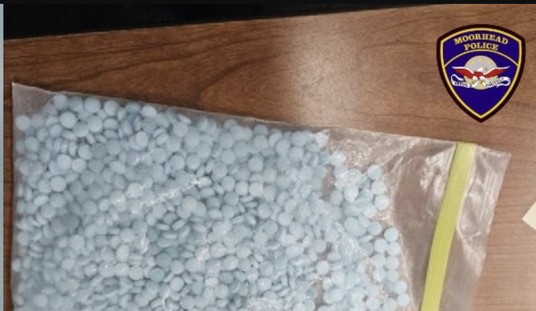Critics said the new policy violates the Defense of Marriage Act (DOMA), which defines marriage in federal law as being only between a man and a woman.
The Department of Defense (DOD) made clear the policy for its chaplains and facilities only 10 days after its ban on open homosexuality in the military was officially lifted. The Pentagon provided the guidance in two memos.
A Sept. 30 memo said a chaplain may participate in a private wedding at or away from a military installation if such a ceremony is not outlawed at the state or local level. A chaplain is not required to take part in a private ceremony if doing so would conflict with his or her "religion or personal beliefs," according to the guidance. The memo also says a chaplain's participation does not amount to a DOD endorsement of the ceremony.
Although the memo does not specifically mention gay "marriage," it makes clear its issuance came in response to the repeal of the ban on open homosexuality.
In a Sept. 21 memo announced at the same time, the Pentagon said decisions about the use of military facilities for private occasions "should be made on a sexual-orientation neutral basis, provided such use is not prohibited by applicable state and local laws," the American Forces Press Service reported.
Recommended
"It is outrageous that only 10 days after repeal of the law against homosexuality in the Armed Forces, the Defense Department is already pushing the military further down the slippery slope," said Tony Perkins, president of the Family Research Council, in a written statement. "The repeal law passed by the lame-duck Congress last year said nothing about authorizing same-sex 'weddings' on military bases or by military chaplains."
DOMA "remains the law in America, defining marriage as a union of one man and one woman for all purposes under federal law," said Perkins, who called on the White House "to end its multi-front attack upon marriage."
Opponents of DOMA applauded the decisions.
"There are many chaplains in the military who simply do not believe that gay and lesbian servicemembers are second-class citizens, and those chaplains should have the freedom to practice their religion as they see fit, including officiating at ceremonies that their denominations recognize," said Alex Nicholson, executive director of Servicemembers United, according to the Washington Blade, a leading newspaper for homosexuals.
The guidance provided by the Pentagon closely resembled a memo on the subject issued by the Navy in April before being pulled in May after criticism from more than 60 members of Congress. At the time, Chief of Chaplains Rear Adm. Mark Tidd said he was suspending his authorization for Navy chaplains to perform gay "weddings" on base pending "additional legal and policy review" and enhanced cooperation with other branches of the military, The Washington Post reported.
After learning of Tidd's original memo, 63 members of the House of Representatives wrote Secretary of the Navy Ray Mabus to complain.
"Offering up federal facilities and federal employees for same-sex marriages violates DOMA, which is still the law of the land and binds our military, including chaplains," they wrote.
DOMA, which was signed into law by President Clinton in 1996, not only defines marriage in federal law as being between a man and a woman, but it empowers states to refuse to recognize another state's "gay marriages."
The recently rescinded ban on open homosexuality in the military went into effect in 1993. Known as Don't Ask, Don't Tell, the policy barred homosexuals from serving openly but also prohibited military commanders from asking service members if they are homosexual.
The Southern Baptist Convention's Ethics & Religious Liberty Commission and other opponents of rescinding Don't Ask, Don't Tell have warned its repeal will result in infringements on the religious liberty of chaplains and other military personnel, as well as harm to the readiness, privacy and retention of service members.
The Sept. 30 guidance provided by the Pentagon says:
"A military chaplain may participate in or officiate any private ceremony, whether on or off a military installation, provided that the ceremony is not prohibited by applicable state and local law. Further, a chaplain is not required to participate in or officiate a private ceremony if doing so would be in variance with the tenets of his or her religion or personal beliefs. Finally, a military chaplain's participation in a private ceremony does not constitute an endorsement of the ceremony by DoD."
Compiled by Tom Strode, Washington bureau chief for Baptist Press.
Copyright (c) 2011 Southern Baptist Convention, Baptist Press www.BPNews.net
























Join the conversation as a VIP Member